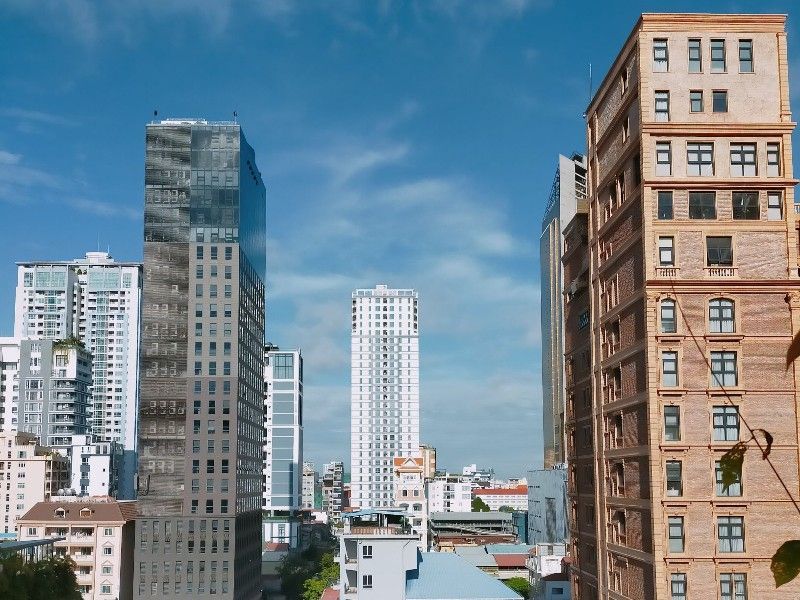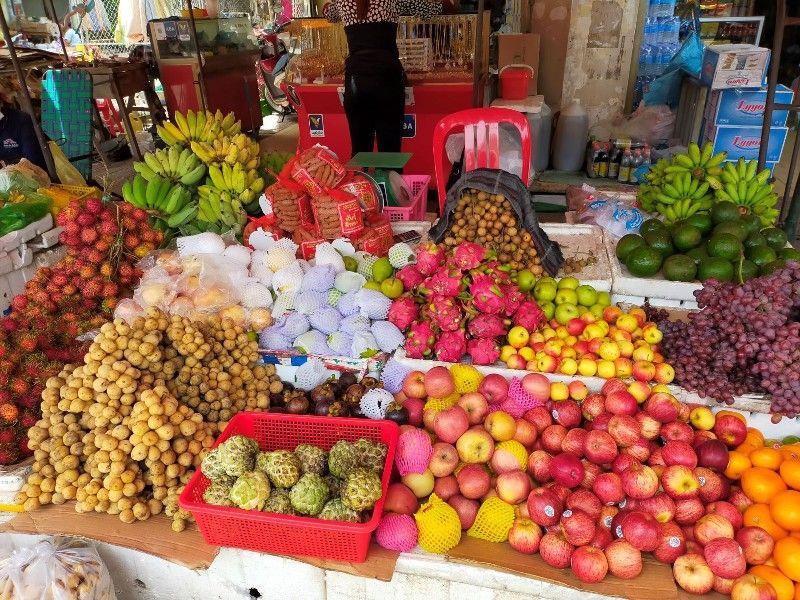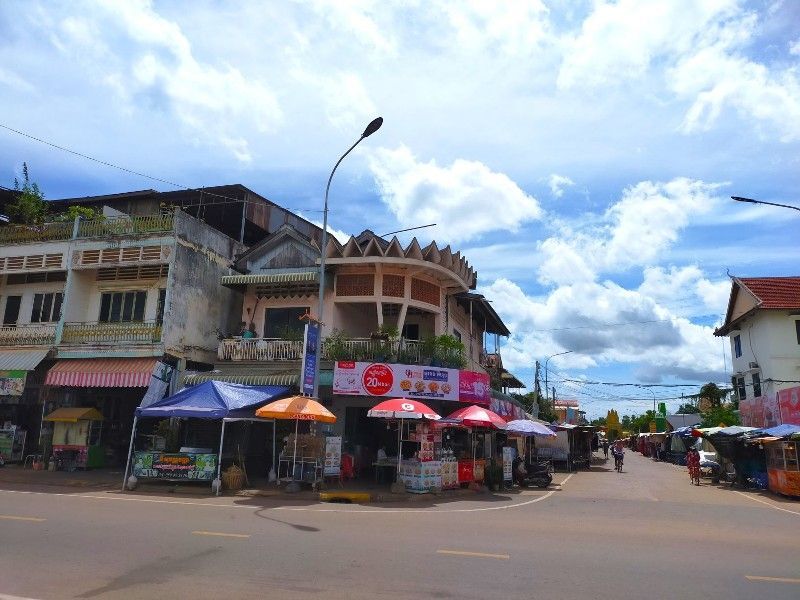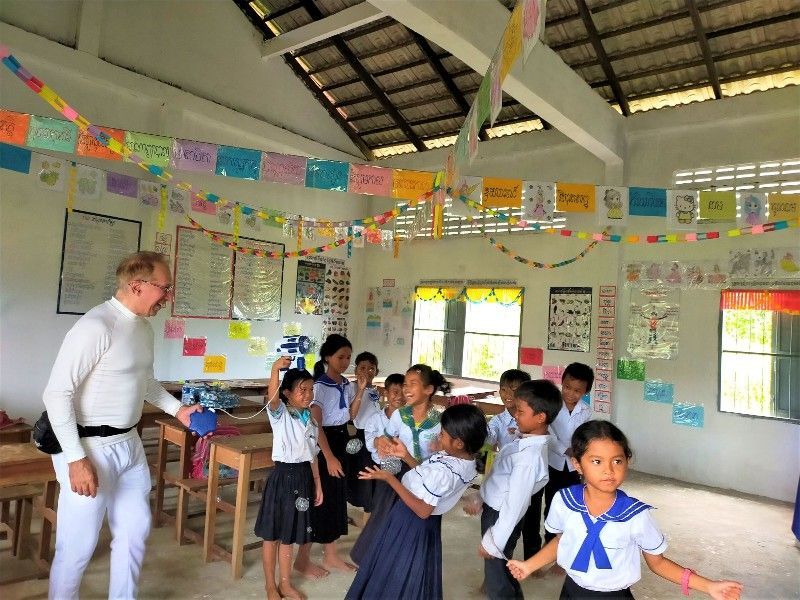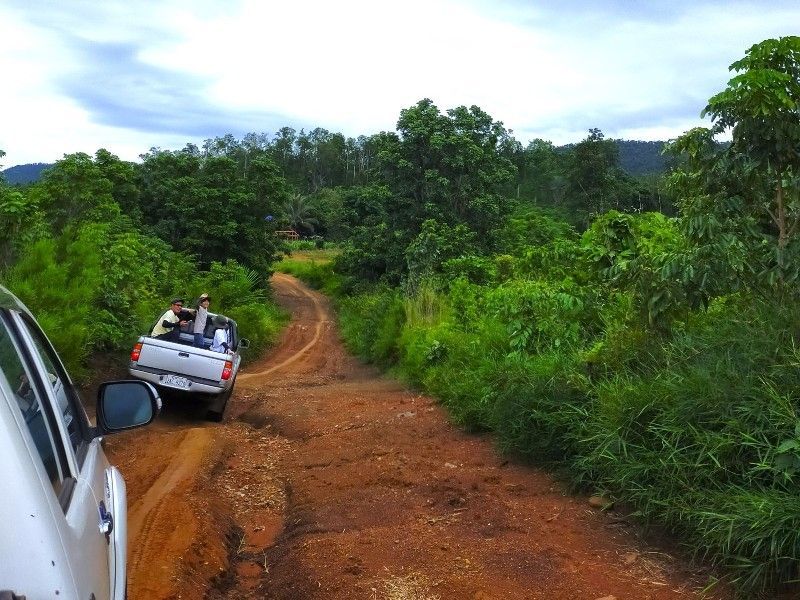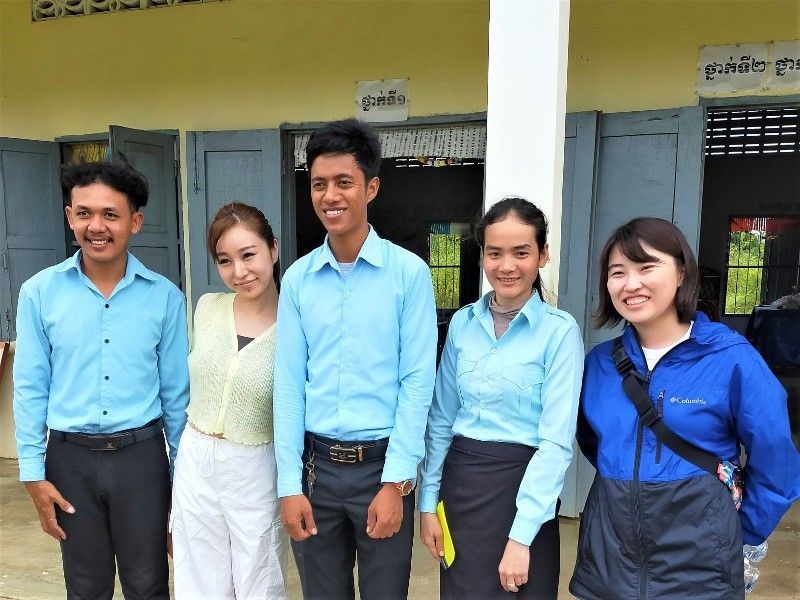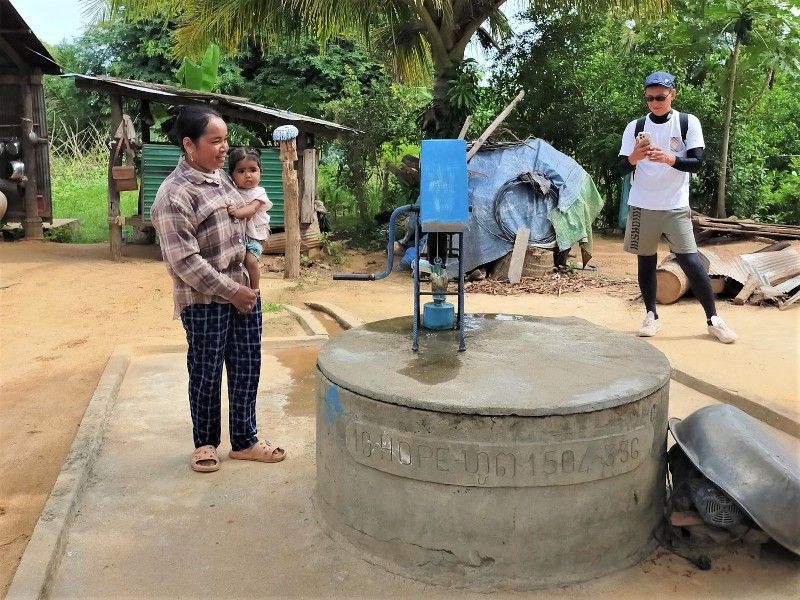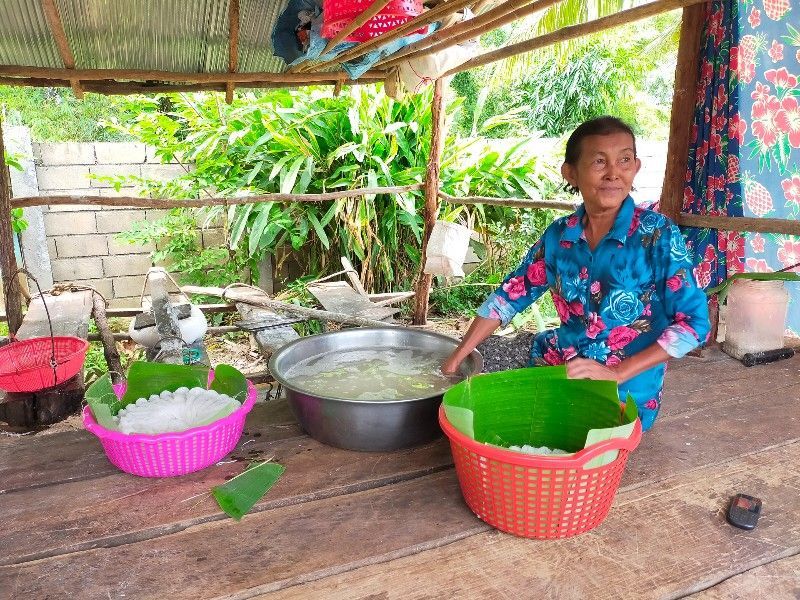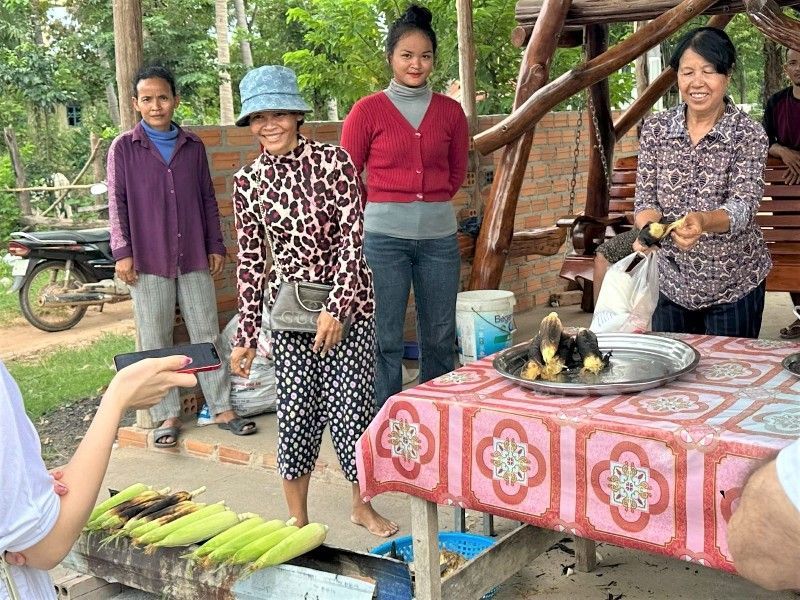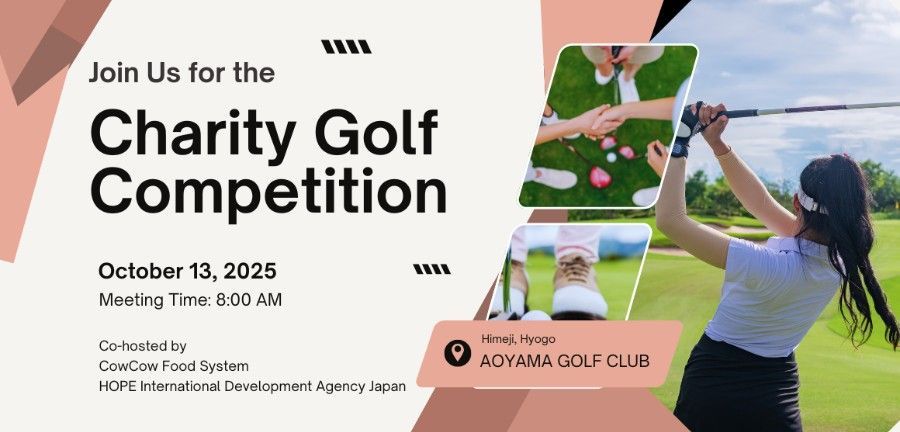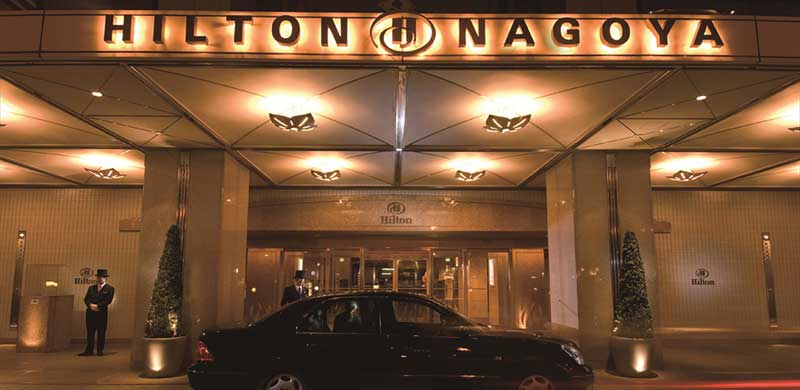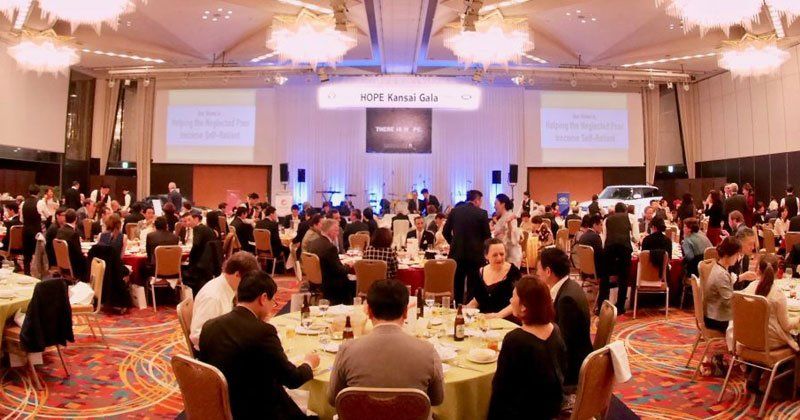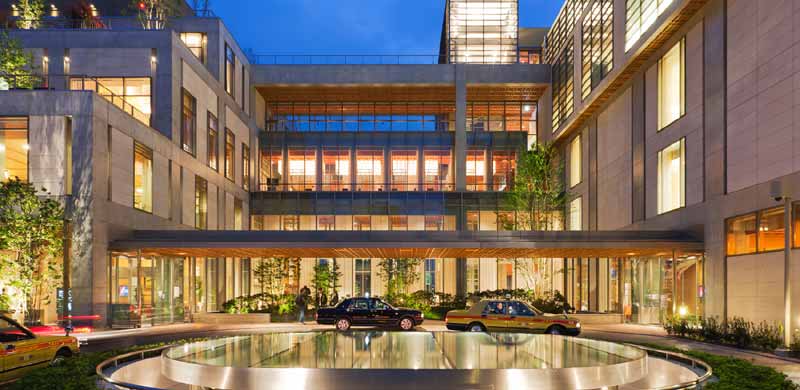Study Tour Encounters in Cambodia
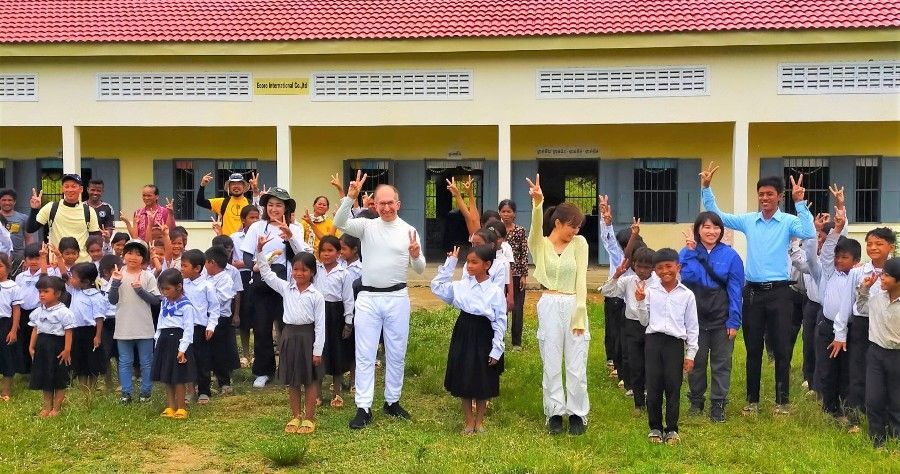
My name is Reina Iwano and I have been interning at HOPE since August of this year.
I went on HOPE's UNION study tour for the first time to Cambodia.
This was my second visit to Cambodia. I first visited the country about 15 years ago.
Back then, I remember that the effects of the civil war were still being felt strongly in Phnom Penh and Siem Reap. What left a strong impression on me were the people begging, not being able to walk safely due to buried landmines, and that the roads were unpaved and filled with dust.
However, on my recent visit, I could see with my own eyes that although economic development is uneven in the urban and rural areas, progress has definitely been made in many parts of the country. The capital, Phnom Penh, was full of life, with skyscrapers and large shopping malls, and many cars on the road.
In Pursat Province, where HOPE Cambodia is based, there is a school and a well that was built through a crowdfunding campaign by HOPE Japan. The well best reflects HOPE's motto of "from water to self-reliance." We met a Self-Help Group that uses clean water from the well to help them toward their path to become self-reliant. I could see in action how HOPE is Helping the Neglected Poor become Self-reliant.
I also met with several elementary school children and was informed that they were studying multiplication tables and that they were interested in zodiac signs just like me. I felt a sense of kinship and joy. Usually, when we think about other countries or other people, we tend to compare them to our own country or ourselves and focus on what's different about them. However, when we meet new people, we try to find something we have in common. The more things we have in common, the more likely we will become friends and enjoy talking with each other. Rather than focusing on the differences in our living environments or circumstances, I thought it would be good if we could find commonalities and treat each other as though we are friends, even between donors and beneficiaries.
From the women who were part of the Self-Help Groups, I learned about their aspirations and the strength of Cambodians as farmers. A Self-Help Group is part of a micro-finance program in which members receive a small loan from HOPE Cambodia and work together to strengthen their individual economic independence. The group does a variety of things, such as making rice flour noodles using the water from the well that HOPE built, operating small market stalls, and selling roasted corn. They have the skills to grow and process crops, and HOPE supports them financially. It is a form of support that takes advantage of the assets and skills that they already have to promote self-reliance. I saw firsthand the importance of doing what we can with what we have, rather than just giving what we don't have.
However, I was worried that these women might have had a hard time during the COVID pandemic, but the answers I heard surprised me. “It's true that we couldn't sell our products and our income decreased, but we didn't have to worry about food”, one of them said. “We grow rice and other crops in our own fields, so we were fine.” I was honestly impressed and surprised as I reflected on the memories of myself hoarding supplies from my supermarket.
Being self-sufficient is their strength. Without compromising this, it is important for us to listen to their voices, think about their happiness and what kind of life is ideal for them, and then act accordingly.
As an intern, I would like to continue to convey the voices of HOPE's beneficiaries and the local communities to everyone in Japan, remembering the encounters and feelings I gained during my trip to Cambodia.

